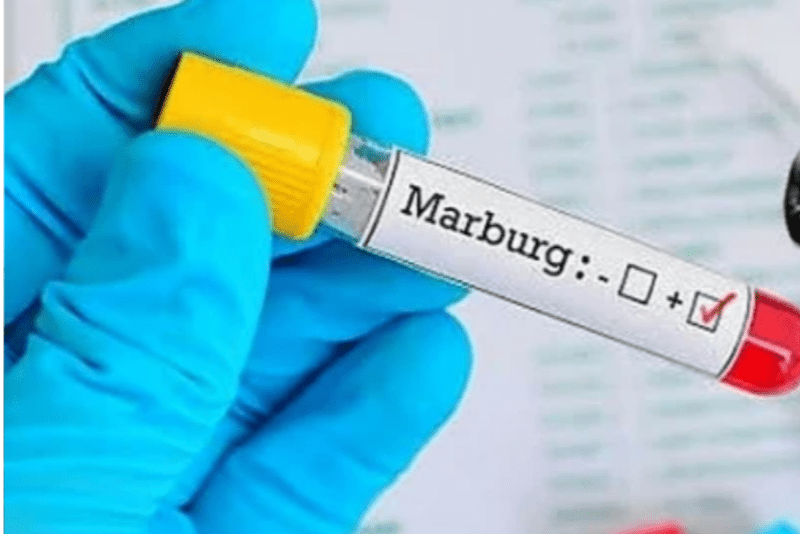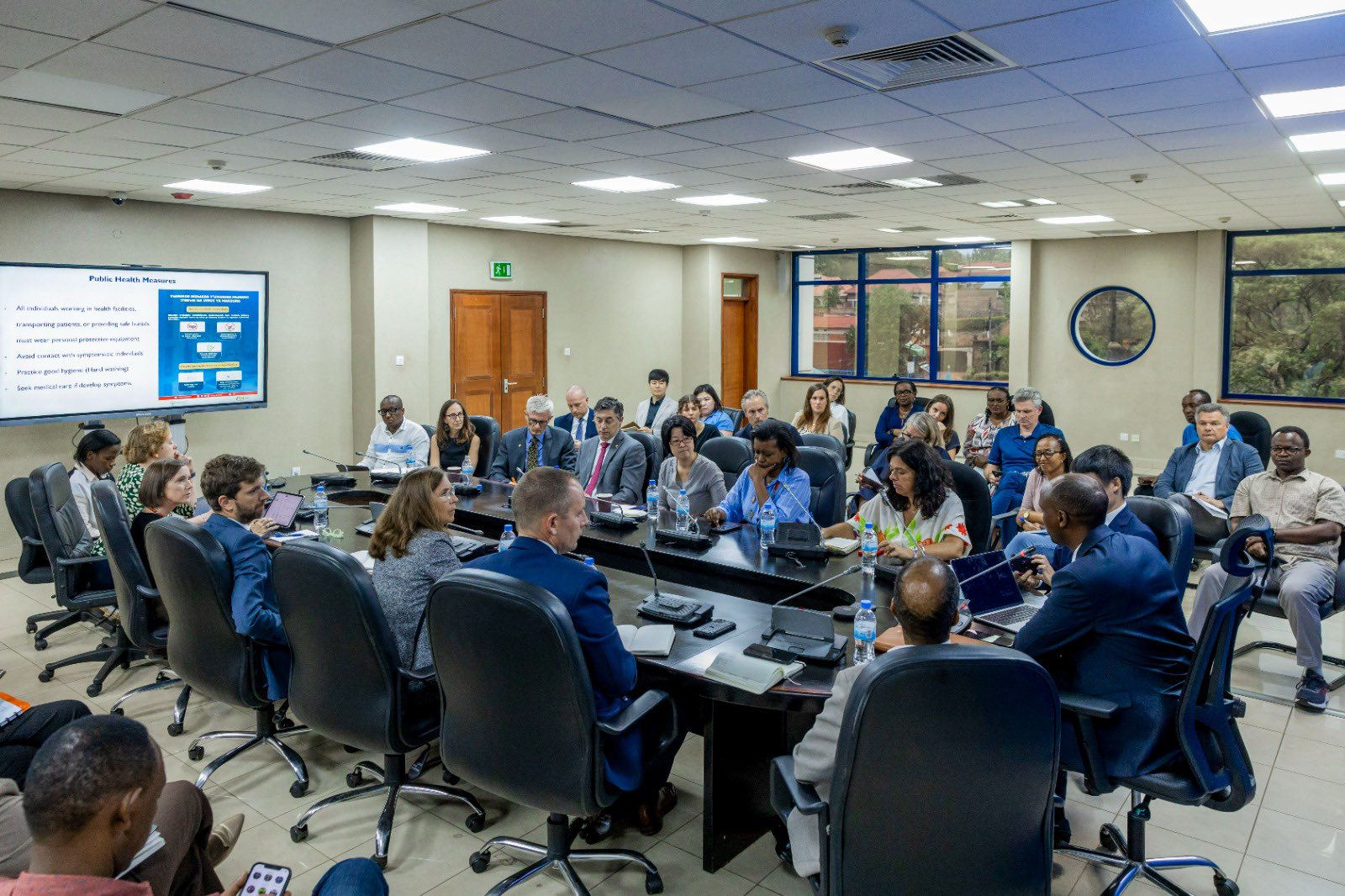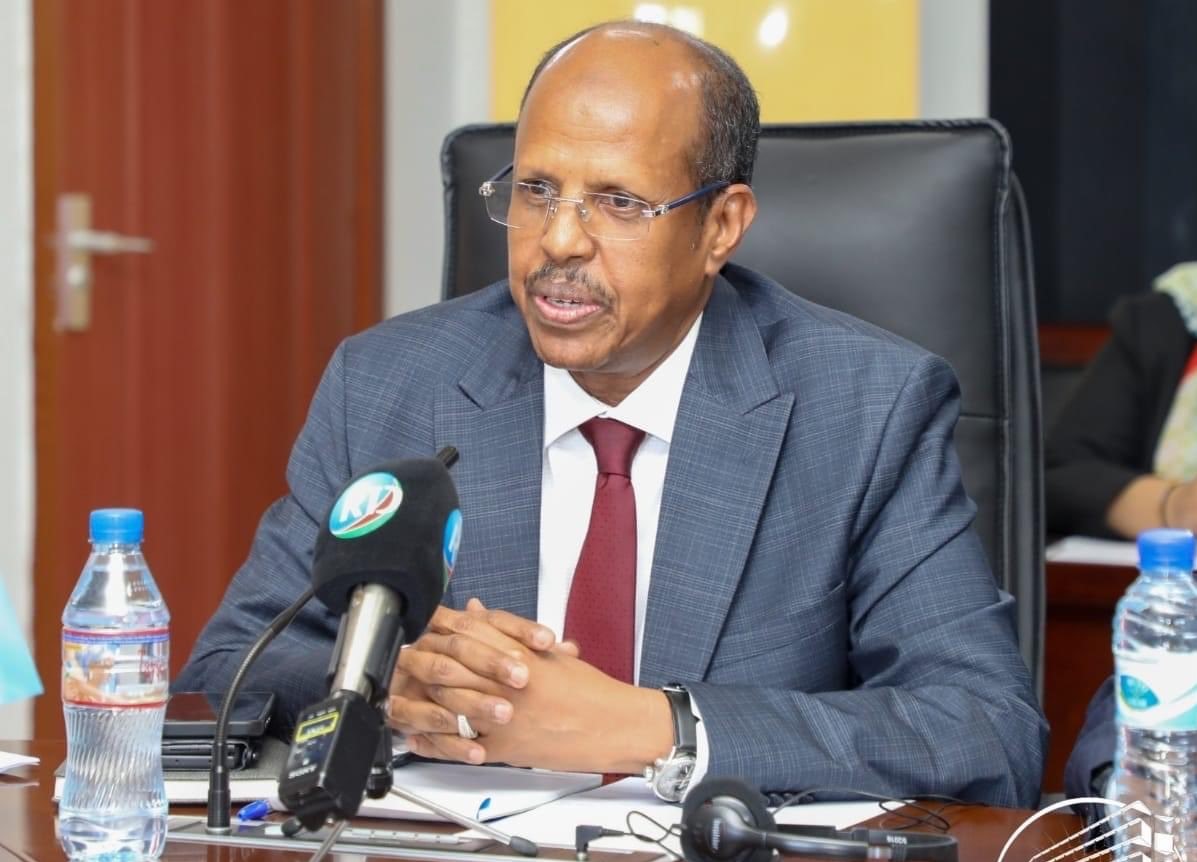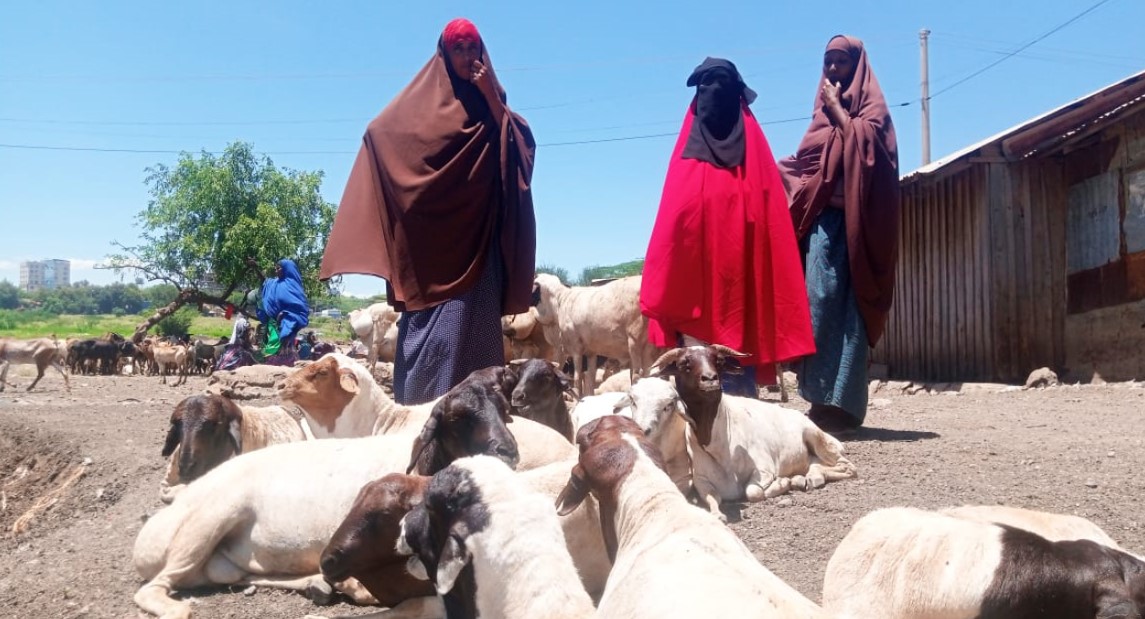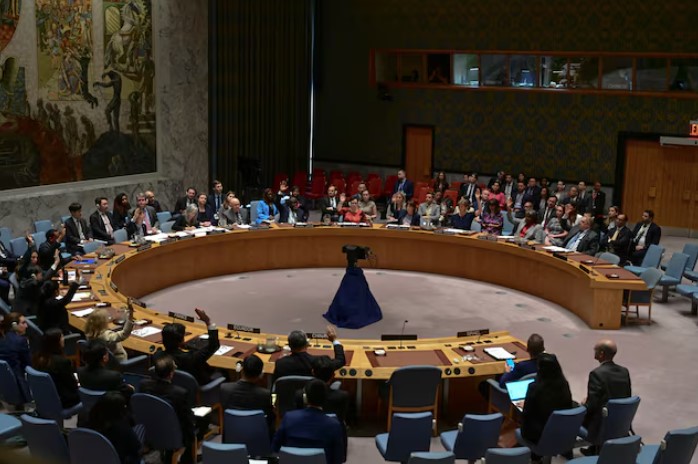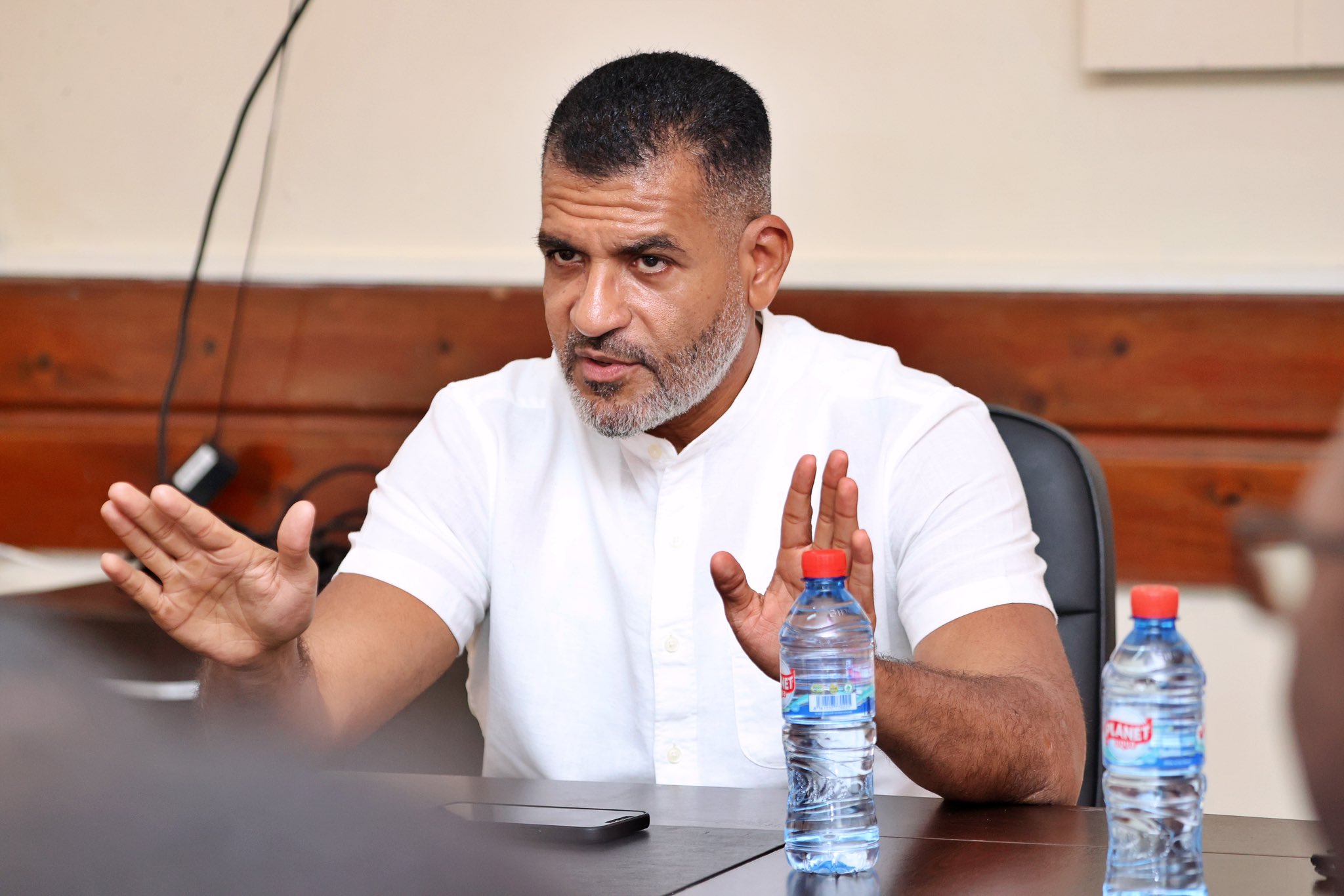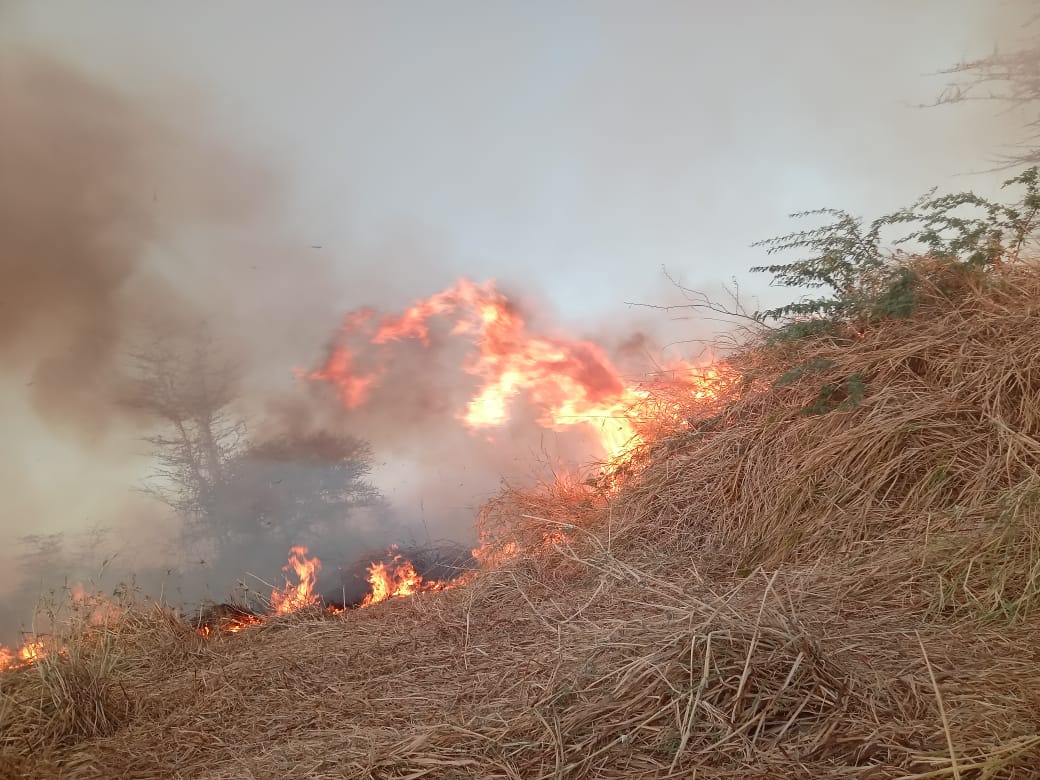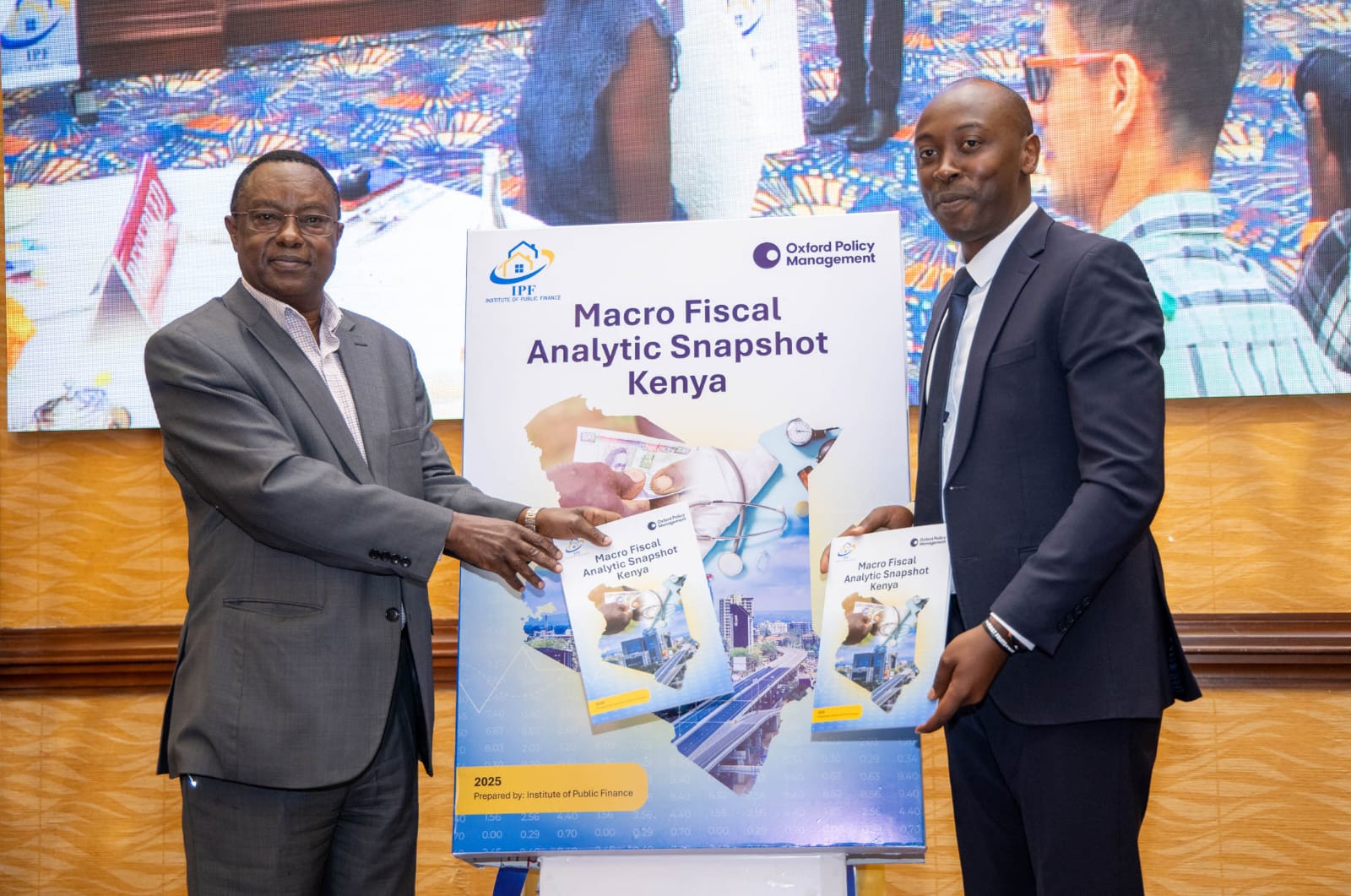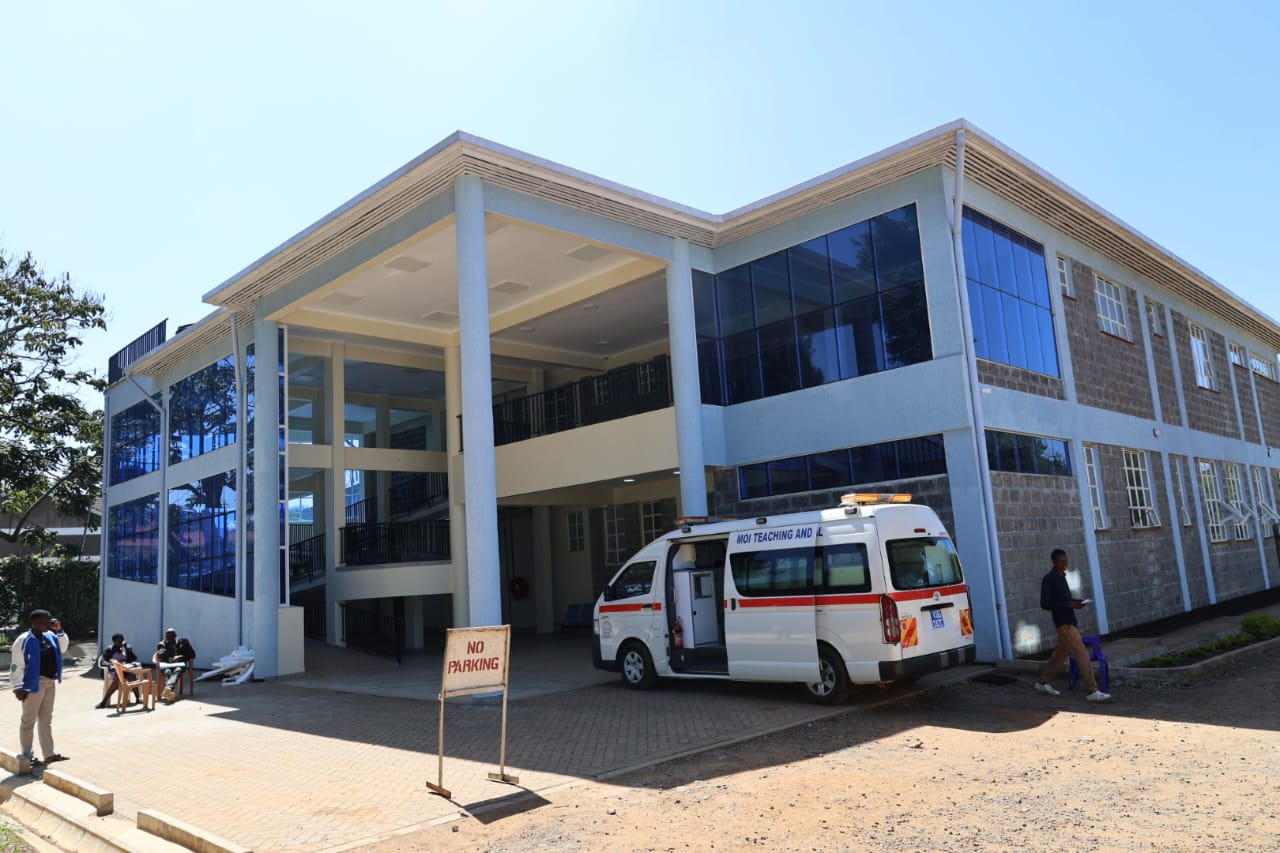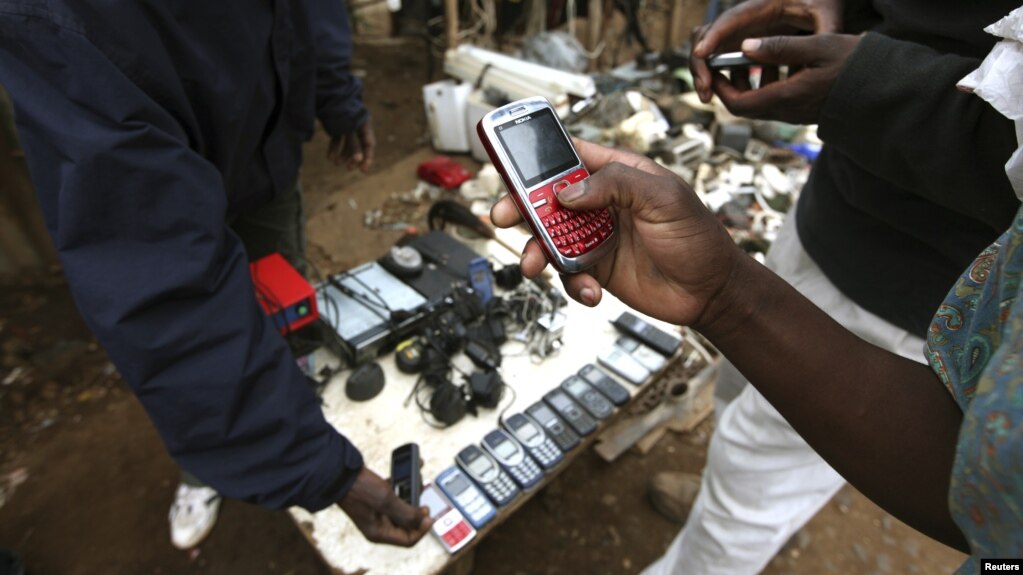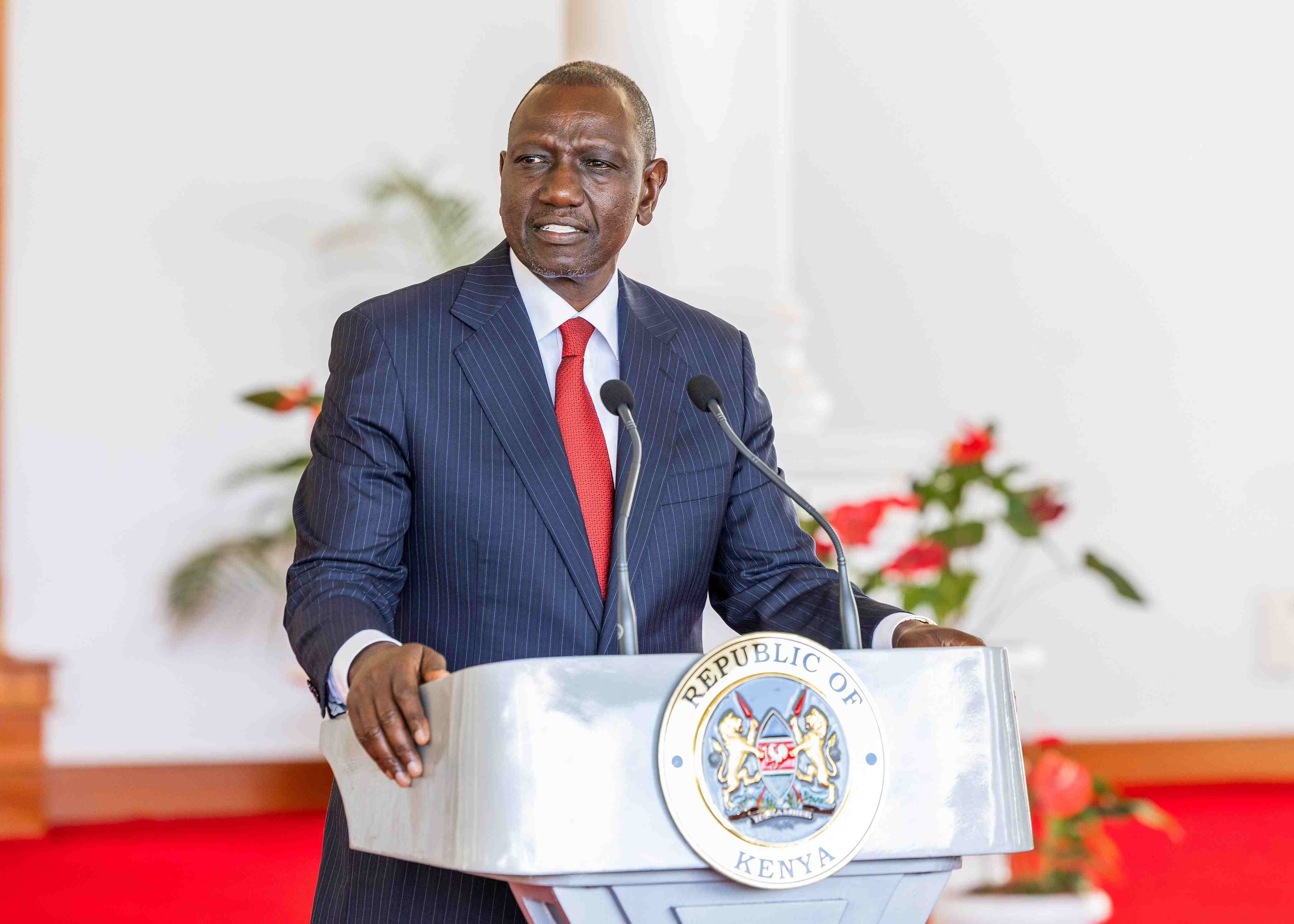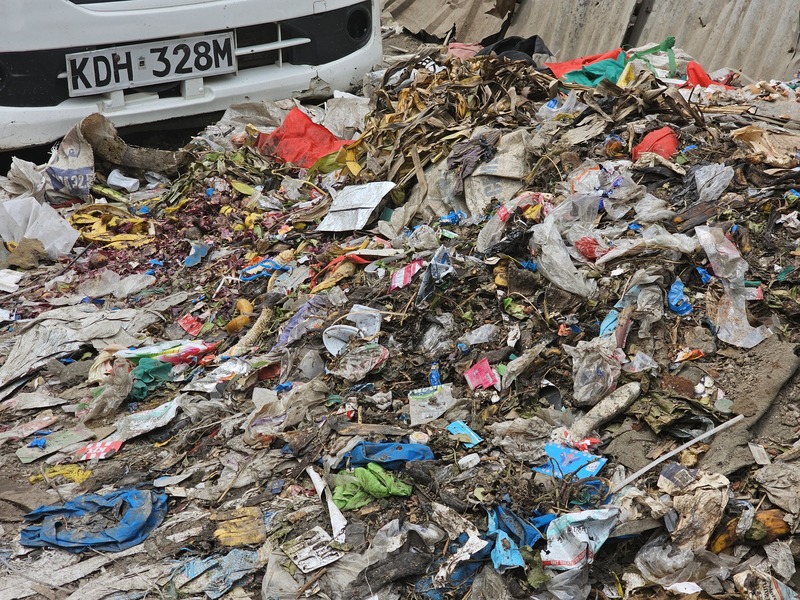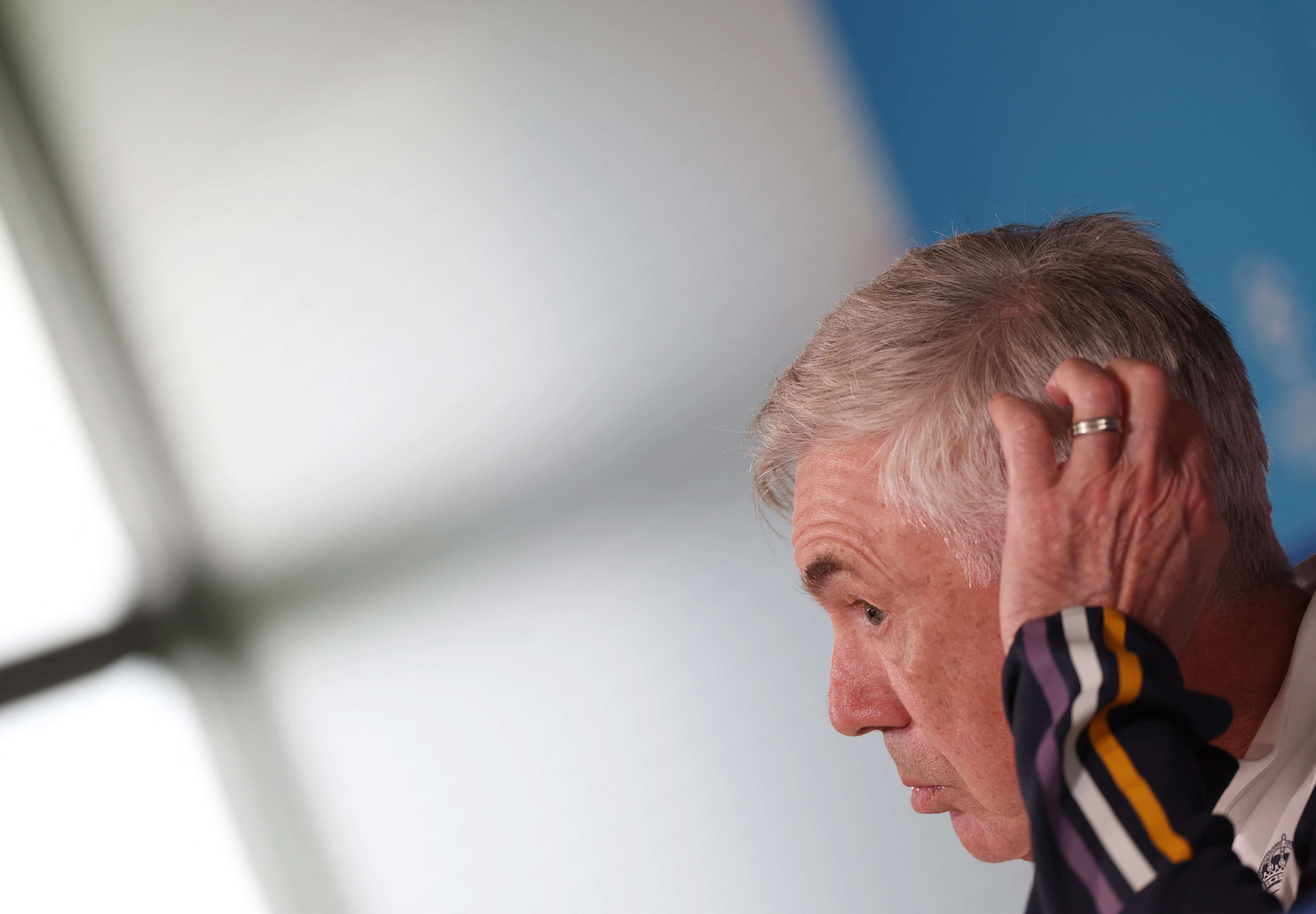Energy ministry blames Murkomen for hiked road levy and fuel prices
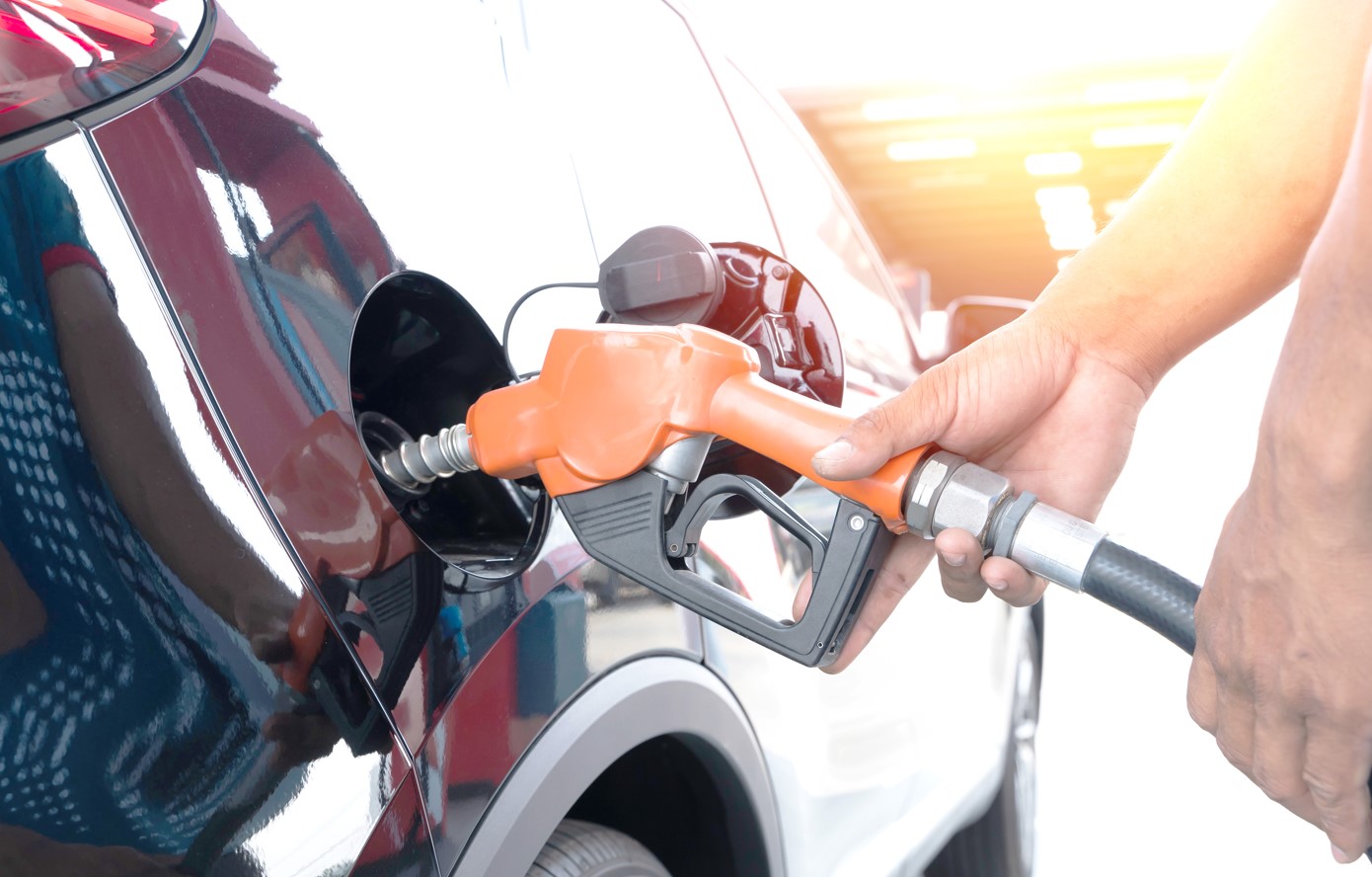
The levy rose by 39 per cent per litre, from Sh18 to Sh25. The increase caused fuel prices in the country to rise by approximately Sh8 per litre.
The Ministry of Energy has declined to take responsibility for the increase in the road maintenance levy, instead blaming former cabinet secretary Kipchumba Murkomen for the rise.
In July, EPRA had to increase the road maintenance levy after the Ministry of Transport gazetted the hikes, sparking nationwide discontentment.
More To Read
The levy rose by 39 per cent per litre, from Sh18 to Sh25, leading to the increase in fuel prices by approximately Sh8 per litre.
In a report to the Senate, Petroleum PS Mohamed Liban was unable to immediately confirm whether the former Transport head, who is responsible for gazetting the levy, conducted public engagement before the gazetted hike.
In his explanation, the public participation exercise cannot be conducted by the Energy and Petroleum Regulatory Authority (EPRA) but by the minister responsible for reviewing the Roads Maintenance Levy as provided for in the Act.
According to PS Mohamed, EPRA is only mandated by law to effect the changes upon gazettement by the Transport docket.
At the time, Murkomen, who was nominated as Sports CS, was in charge of the transport docket.
"EPRA had to include the revised rates of the road maintenance levy in the calculation of the applicable prices for the July 15–August 14 pricing cycle," he said.
This, the PS said, is in line with the provisions of Regulation 3 (3) of the Petroleum (Pricing) Regulations, 2022 (Legal Notice No. 192 of 2022).
"The application RML rates were revised upwards by Sh7 per litre on both super petrol and diesel. This therefore means that the impact on the pump is an increase of Sh8.12 per litre, inclusive of value-added tax," the PS said.
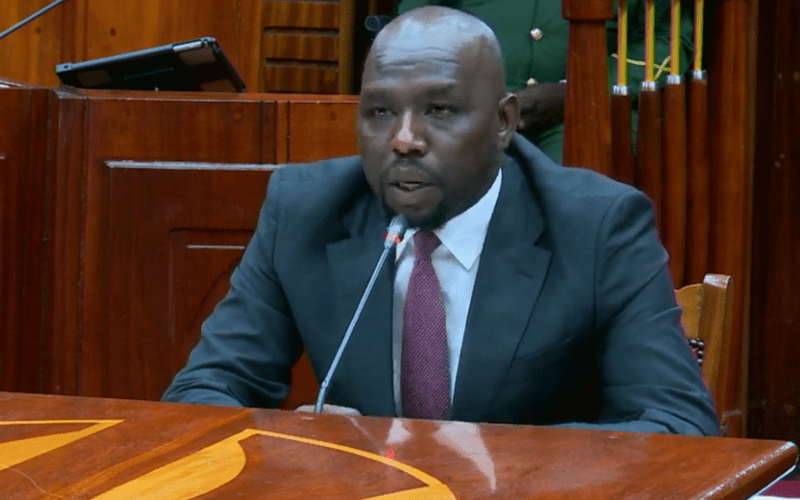 Sports Cabinet Secretary nominee Kipchumba Murkomen appears before the National Assembly's Committee on Appointment on Saturday, August 3, 2024. (Parliament)
Sports Cabinet Secretary nominee Kipchumba Murkomen appears before the National Assembly's Committee on Appointment on Saturday, August 3, 2024. (Parliament)
According to PS Liban, the projected prices of super petrol, diesel, and kerosene were to be reduced by Sh5.27, Sh6.74, and Sh0.2 per litre, respectively, in the last review.
"Petroleum pricing in Kenya is undertaken in accordance with the Petroleum (Pricing) Regulations, 2022 (Legal Notice No. 192 of 2022)," the PS said.
Section 3 of the Road Maintenance Levy Fund Act provides that the transport minister shall, in consultation with the minister for the time being responsible for Finance, by order published in the Gazette, ....impose on any or all petroleum fuels entered for home use in Kenya a road maintenance levy, which may be determined from time to time in such manner as the minister may specify in the order.
Before the action by the Transport Ministry to make the changes, Murkomen had made attempts to have issues brought forth by Kenyans tackled, especially the matter of the increase of the RML, which he assured Kenyans would not in any way affect fuel prices or the cost of living.
The former Transport CS said the reason was to bridge the financing gap in the maintenance of roads, explaining that the current collections, which average Sh80 billion annually, are not enough.
"From the views we have received, many Kenyans are worried that an increase in the levy will result in a rise in the cost of living and fuel prices," Murkomen said in a statement.
Murkomen had expressed fear that, should EPRA not impose the levy, most roads constructed in the last decade would be damaged since the Transport Ministry would lack funds to maintain them.
He continued by saying that contractors had three years to maintain a road before the national government took over and projected the financial gap to hit Sh315 billion in the 2028–29 financial year.
Top Stories Today
